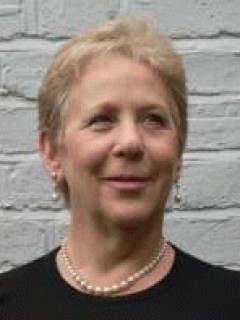AQR's Excellence project is proceeding apace, with the first set of results expected in the New Year. The names of the successful candidates were released in September, with exemplars consisting of four established members Geoff Bayley, Julie Davey, Wendy Gordon and Nick Long and two newcomers, Polly Hollings and Gayatri Ganesh. They were sought from research agencies, the freelance community, researchers who have moved client-side, and those who have gone into planning, a representative mix of males and females, companies both big and small.
"We looked to create a mix that reflected the industry in terms of size and specialisms," says Anne Hastings who, along with Rosie Campbell and Caroline Hayter (Whitehill) are the committee members in charge of the project.
Tina Berry of The Planning Shop, who is spearheading the exercise, aided by Paul Belcher and Judy Apps, seasoned NLP trainers/coaches and founders of ABL, are now waiting on videos from those selected that will illustrate the way they work moderating groups and depth interviews which will be analysed over November and December. The successful candidates will also be interviewed in depth about what they do and their thought processes.
The results will then be transformed into models for training others in the personal strategies and behaviour patterns that support the examplars of excellence and presented to the AQR committee in the New Year. These models will be particularly pertinent when looking at moderating and interpretation skills, and will be of great help when training the qualitative researchers of the future.
The project attracted around 30 nominations, some of whom were nominated many times over. It was unfortunate that, due to budget restrictions, the final number had to be limited to six but it does provide a wider pool if the exercise is repeated for the future.
The project was initiated following AQR's recent membership survey, which encouraged the committee to promote qualitative research to a broader audience. The hope is that, as previously mentioned, the results will enhance the Association's existing training and raise the standard of the industry as a whole.
The scale of the exercise represents a substantial investment for an organisation of AQR's size, and reflects its commitment both to the membership and the industry as a whole. Its results are likely to be influential for the foreseeable future, although they will, of course, depend on just how the analysis pans out.


